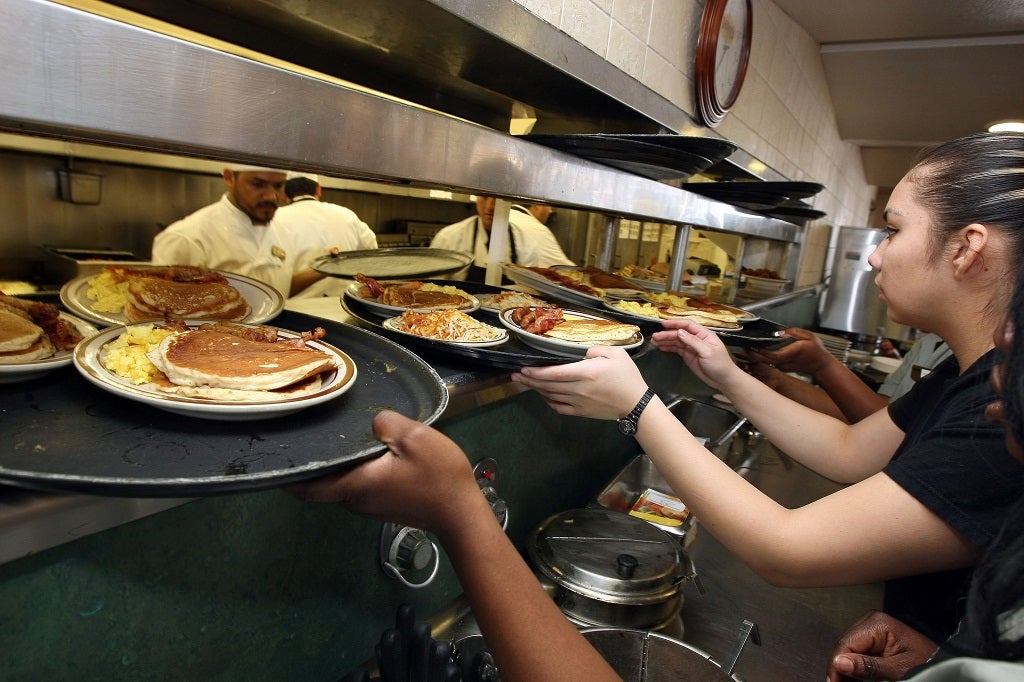Students facing university costs of up to £50,000
Living costs in London approach £9,760 per year as students seek ways to make ends meet

Your support helps us to tell the story
From reproductive rights to climate change to Big Tech, The Independent is on the ground when the story is developing. Whether it's investigating the financials of Elon Musk's pro-Trump PAC or producing our latest documentary, 'The A Word', which shines a light on the American women fighting for reproductive rights, we know how important it is to parse out the facts from the messaging.
At such a critical moment in US history, we need reporters on the ground. Your donation allows us to keep sending journalists to speak to both sides of the story.
The Independent is trusted by Americans across the entire political spectrum. And unlike many other quality news outlets, we choose not to lock Americans out of our reporting and analysis with paywalls. We believe quality journalism should be available to everyone, paid for by those who can afford it.
Your support makes all the difference.Four in 10 students are taking up full- or part-time jobs to help lessen the blow of an increasingly pricey university experience.
Research conducted by YouthSight has revealed that students on three-year courses are facing an average total cost of £50,411, forking out £8,123 on tuition fees and a further £8,681 on other living expenses each year.
Alison Clark, director of the National Association of Student Employment Services said: “We have seen a big increase in the number of students looking for part-time work. Last year our jobshops reported a 50 per cent increase in the number of freshers looking for work - both to earn money but also to acquire essential skills required by graduate employers.”
Other than working to earn some much-needed cash, many resourceful undergraduates are making use of cashback offers and charity shops, with a quarter selling items on eBay. Another quarter shop for second-hand clothes and books or use recycling websites such as MySkip and Freecycle.
Excluding tuition fees, London is the most expensive place to study, with the average student racking up £9,760 in annual living costs. Birmingham, Edinburgh, Liverpool and Bristol are the next priciest, while Glasgow students spend £7,020 on average - around 28 per cent less.
But it’s not just location that makes a difference to students’ coffers. Students on medicine and dentistry courses tend to spend the most on living expenses at £10,229 per year, while those studying business and administrative subjects have tighter purse strings, spending around a fifth less at £8,149.
Aside from tuition fees, accommodation and bills are the biggest money drain, costing the average student £3,882, while in an attempt to combat food prices, 78 per cent regularly head to the ‘reduced price’ shelf of the supermarket. With transport and social life other notable outgoings, 83 per cent of the 1,000 students surveyed make use of student cards and 16-25 railcards.
Worryingly, despite funding available to most students in the form of loans and grants, one in 10 has taken out an extra personal loan to help cover costs, with 15 per cent using credit cards.
Join our commenting forum
Join thought-provoking conversations, follow other Independent readers and see their replies
Comments